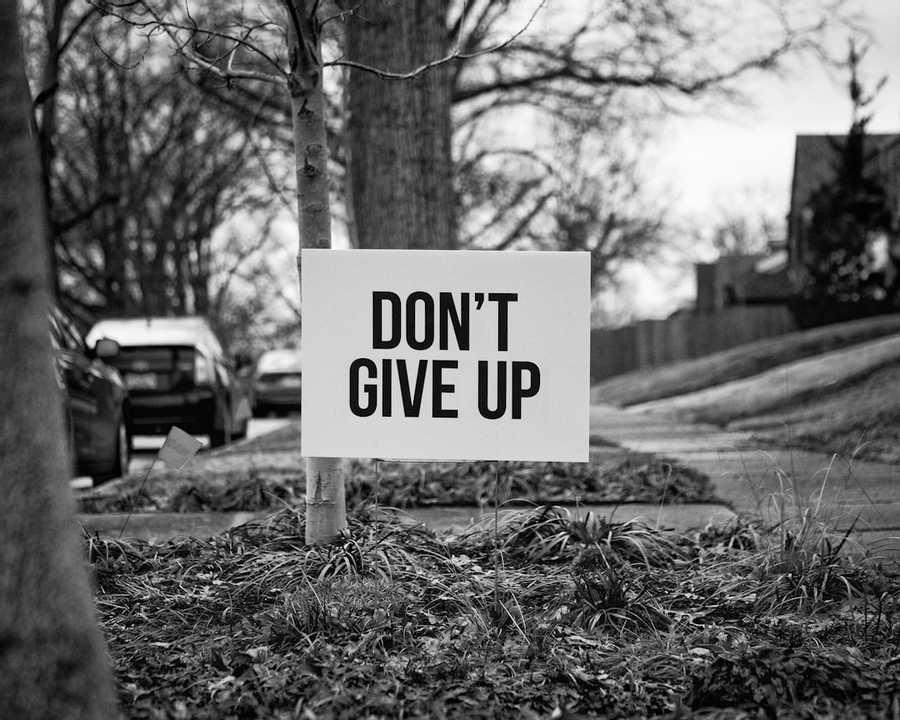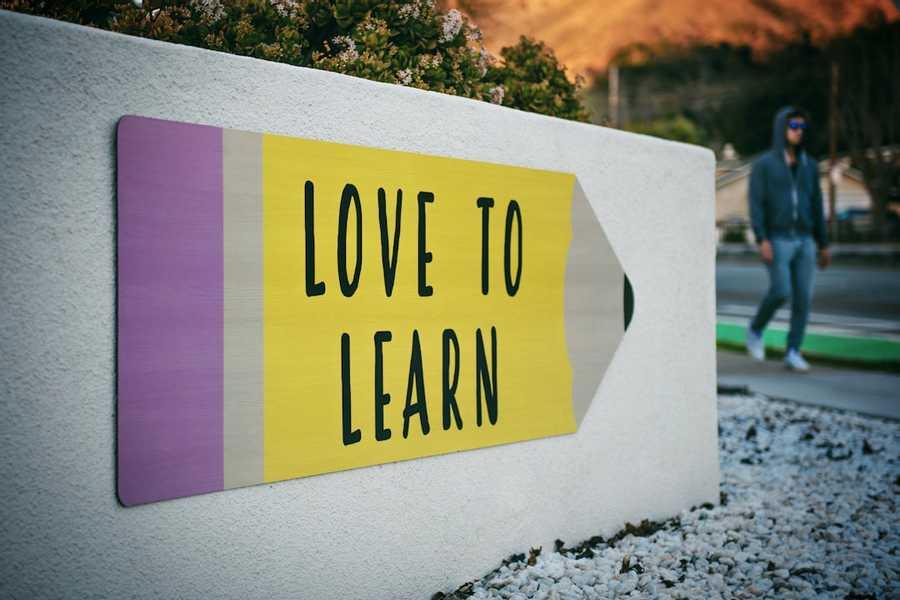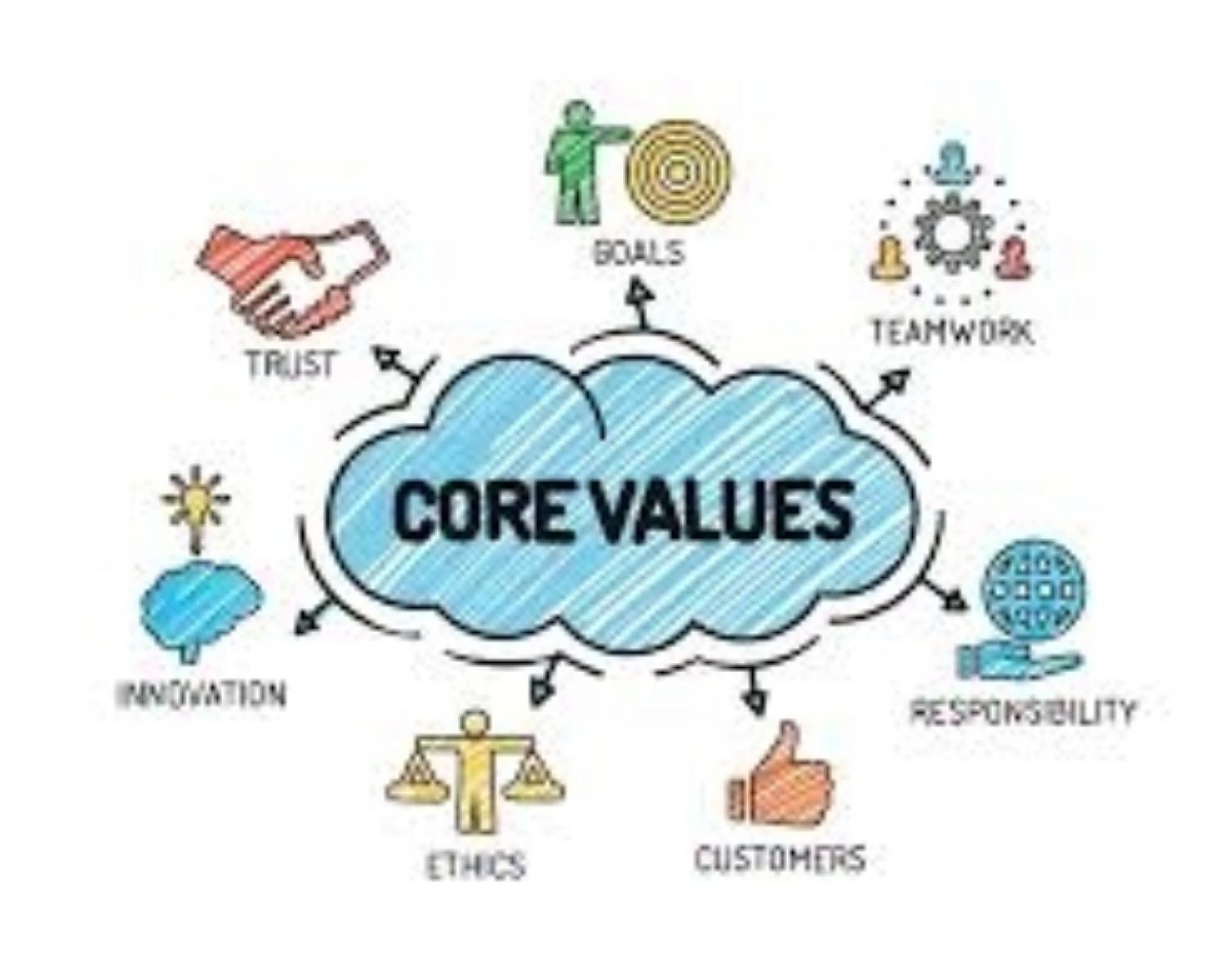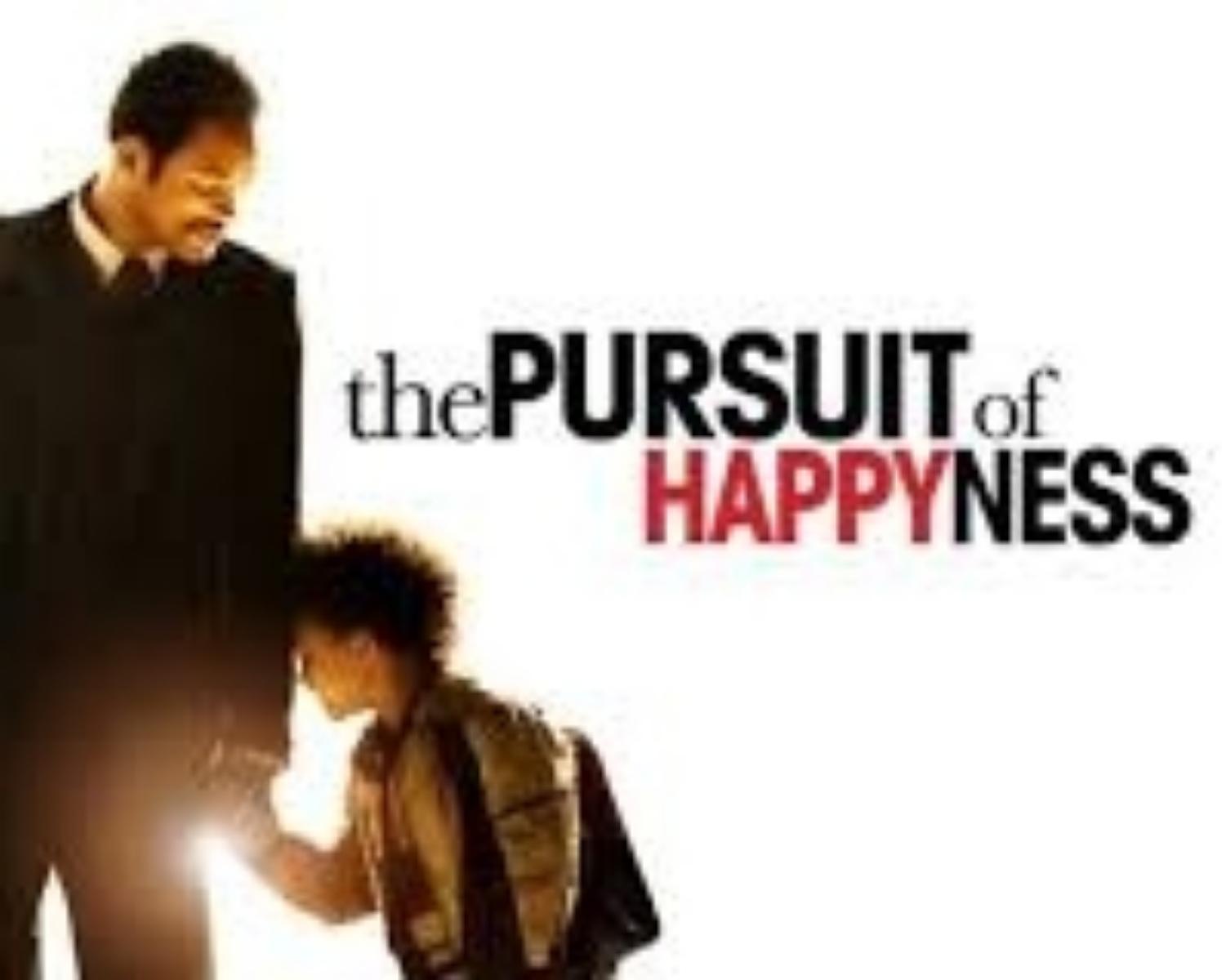Ricky Sid's Key Ideas from Everything Is F*cked
by Mark Manson
Ideas, facts & insights covering these topics:
12 ideas
·8.92K reads
40
Explore the World's Best Ideas
Join today and uncover 100+ curated journeys from 50+ topics. Unlock access to our mobile app with extensive features.
Hopelessness is the root of mental illness, anxiety and depression. It is the source of all misery, and cause of all addiction.
MARK MANSON
123
2.43K reads
Why Read This Book?
Most of us believe that if we can avoid the pains and discomforts of life, we’ll be happy. With technological advancements and more and more services, we’re trying to make our lives easier. We buy things hoping they will solve all our problems. But as a result, we’re becoming more anxious and depressed. So, what do we do when everything is f*cked?
This book is follow-up to his mega-bestseller The Subtle Art Of Not Giving A F*ck, Mark Manson suggests that anger and sadness are not the opposite of happiness. According to him, the root cause of unhappiness is hopelessness.
107
787 reads
Hope
With hope, we get the strength to move forward as we believe in a better future. But the way we try to fill our current void of hopelessness is destructive. Having unrealistic beliefs about the perfect future is making us mentally ill and self-centered. We lose sight of virtues like courage, honesty, and humility in the pursuit of making our lives more comfortable, easier, and happier.
111
721 reads
Takeaways
1. Pure logic won’t help you make the best decisions, a balanced brain will.
2. Hope won’t solve your problems, it takes acceptance and principles to do that.
3. The solution to mental illnesses is not chasing happiness, it is to attain true freedom from our addictions and dependencies.
116
671 reads
Lesson 1: Pure logic won’t help you make the best decisions
For example, if you want to stop eating junk food, your Thinking Brain would tell you that it’s bad for you and you should stop eating it. But the Feeling Brain often decides whether something is “good” or “bad” in the moment. You need to appeal to both the Thinking Brain and the Feeling Brain to make better decisions in the present.
107
624 reads
Lesson 2: Hope won’t solve your problems.
Every religion has one thing in common – it gives a sense of hope and faith to its followers. People love to adopt such views because of their unhappy lives. But the problem with such hope-related beliefs, as the German philosopher Friedrich Nietzsche identified, is that hope divides people’s perception into “good” and “bad.” It creates more unhappiness and conflict than meaning in life.
Nietzsche asked us to look beyond good and evil to accept uncomfortable truths about life, such as insignificance and death. He called this embrace-the-void approach “Amor Fati,” which means “love one’s fate.”
107
538 reads
Meditation
Meditation is an excellent way to embrace life’s uncomfortable truths. It gives you space to acknowledge, accept, and let go of dark thoughts that cloud your perception. Mindfulness will make you comfortable with the fact that everything is, in fact, f*cked.
108
823 reads
Philosophy
Another philosopher, Immanuel Kant, suggested that we stop behaving in transactional ways. For example, you shouldn’t act kindly to get something from another person. Instead, be kind because doing so is a reward in itself. In the same way, don’t steal from others in hope to reach heaven. Avoid theft because it is the right thing to do.
To adopt Kant’s philosophy, develop strong principles to build your character and become a person who does the right thing. As children, we did what we felt like doing, but as adults, we can motivate ourselves based on ethics.
107
498 reads
Values
For instance, as kids, we didn’t steal because we feared getting caught. As adults, we should not become thieves because it doesn’t align with our values. You can also use your principles to motivate yourself to do the necessary things, even when they are uncomfortable or painful
100
489 reads
3. Pursuit Of Happiness Leads To More Depression And Anxiety.
Any marketer or buyer knows the power of hitting potential customer’s pain points to get people to make purchases. We’re all trying to buy our way to happiness to make us feel better. Many advertisers take advantage of our desire for happiness to sell us products that we don’t need.
Businesses often justify creating more products, claiming they are “giving people what they want.” In competitive markets, people have more products to choose from. While this may sound like more freedom in the hands of consumers, it often leads to more confusion and pain.
97
448 reads
Happiness
With the rise in technology, we’re trying to make life easier for ourselves. But as a side effect, we’re giving away our freedom by becoming addicted to services and devices. Our compulsive use leads to less self-control, which causes depression and anxiety.
True freedom and happiness come when your well-being is not dependent on the comfort that comes from emerging products and services. When you reduce things from your life and take charge of your behavior on platforms like social media, it gives you liberty by freeing up your time and attention.
101
401 reads
Review
Everything Is F*cked aims to bring some hope in a world where everything is f*cked. Mark describes everything wrong with the way we approach happiness and offers solutions from old-school philosophy to solve the problems we face in the modern world. While the book may come off as pessimistic at first, it has timeless principles that will give you some hope at last.
95
490 reads
IDEAS CURATED BY
Ricky Sid Professionally I am a physical therapist. Love outdoors and my kid. Family is the most important thing. Sharing things with you guys makes me learn more of these stuff that I read. Thanks
Curious about different takes? Check out our Everything Is F*cked Summary book page to explore multiple unique summaries written by Deepstash users.
Ricky Sid's ideas are part of this journey:
Learn more about books with this collection
How to start a successful business
How to build a strong team
How to market your business
Related collections
Different Perspectives Curated by Others from Everything Is F*cked
Curious about different takes? Check out our book page to explore multiple unique summaries written by Deepstash curators:
1 idea
3 ideas
1 idea
Discover Key Ideas from Books on Similar Topics
Read & Learn
20x Faster
without
deepstash
with
deepstash
with
deepstash
Personalized microlearning
—
100+ Learning Journeys
—
Access to 200,000+ ideas
—
Access to the mobile app
—
Unlimited idea saving
—
—
Unlimited history
—
—
Unlimited listening to ideas
—
—
Downloading & offline access
—
—
Supercharge your mind with one idea per day
Enter your email and spend 1 minute every day to learn something new.
I agree to receive email updates











